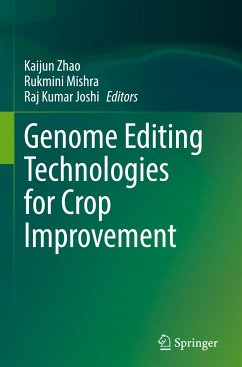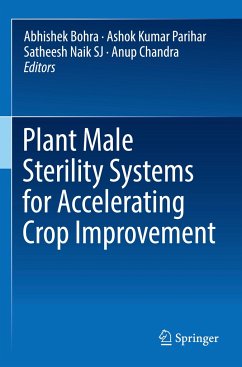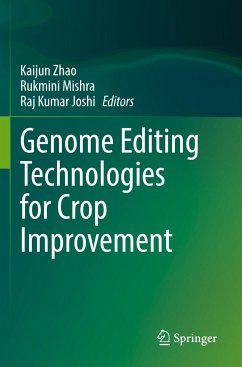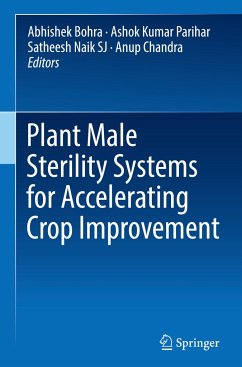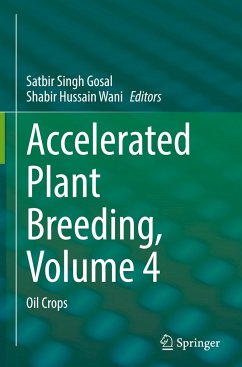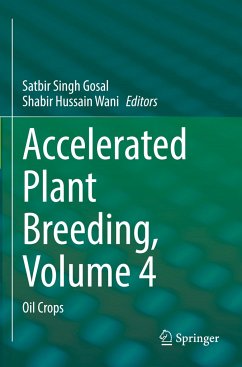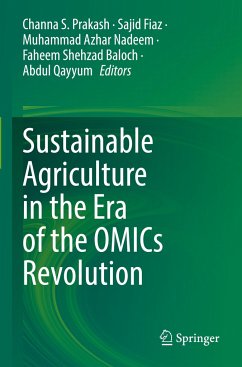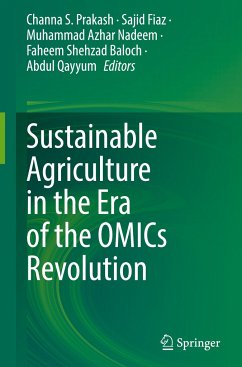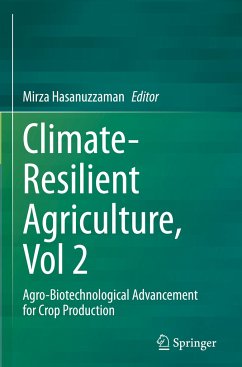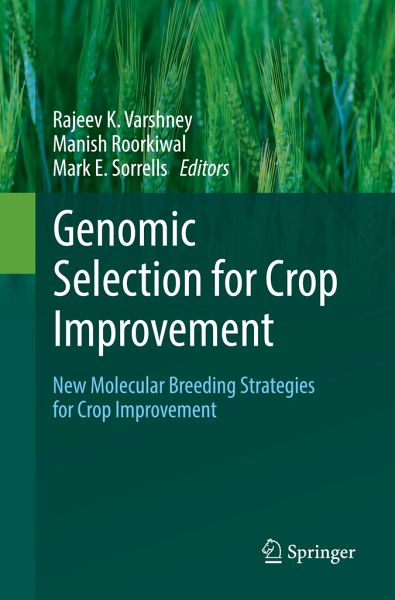
Genomic Selection for Crop Improvement
New Molecular Breeding Strategies for Crop Improvement
Herausgegeben: Varshney, Rajeev K.; Roorkiwal, Manish; Sorrells, Mark E.
Versandkostenfrei!
Versandfertig in 6-10 Tagen
151,99 €
inkl. MwSt.

PAYBACK Punkte
76 °P sammeln!
Genomic Selection for Crop Improvement serves as handbook for users by providing basic as well as advanced understandings of genomic selection. This useful review explains germplasm use, phenotyping evaluation, marker genotyping methods, and statistical models involved in genomic selection. It also includes examples of ongoing activities of genomic selection for crop improvement and efforts initiated to deploy the genomic selection in some important crops. In order to understand the potential of GS breeding, it is high time to bring complete information in the form of a book that can serve as ...
Genomic Selection for Crop Improvement serves as handbook for users by providing basic as well as advanced understandings of genomic selection. This useful review explains germplasm use, phenotyping evaluation, marker genotyping methods, and statistical models involved in genomic selection. It also includes examples of ongoing activities of genomic selection for crop improvement and efforts initiated to deploy the genomic selection in some important crops. In order to understand the potential of GS breeding, it is high time to bring complete information in the form of a book that can serve as a ready reference for geneticist and plant breeders.



